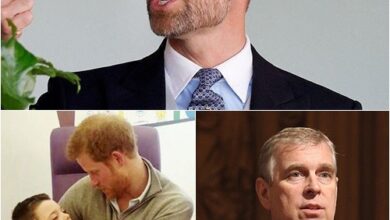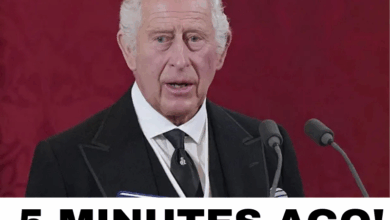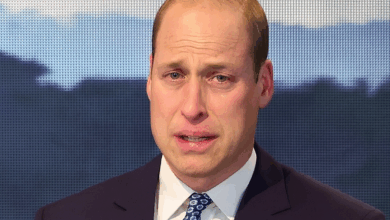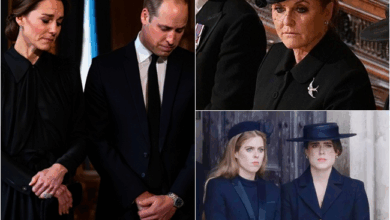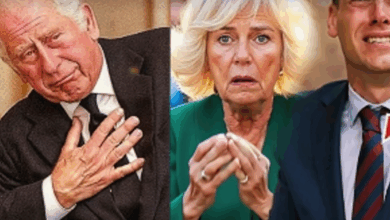1 MIN AGO: “Kate Middleton: It’s Time To Tell You EVERYTHING… The type of cancer I have is actually…”
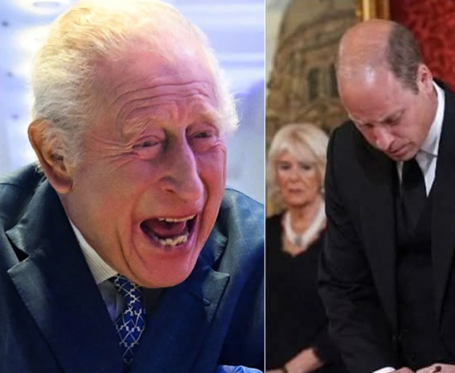
1 MIN AGO: “Kate Middleton: It’s Time To Tell You EVERYTHING… The type of cancer I have is actually…”
1 MIN AGO: “Kate Middleton: It’s Time To Tell You EVERYTHING… The type of cancer I have is actually…” The world has admired Catherine, Princess of Wales — more fondly known as Kate Middleton — for her grace, poise, and unwavering strength in the public eye. But behind the royal smiles and public appearances, a far more personal and painful story has been unfolding — one the Palace had kept under wraps, until now.
For months, rumors had circulated about the Princess’s declining health. Her sudden absence from royal duties, postponed engagements, and hushed visits to private clinics left many worried. The public grew anxious, sensing something was deeply wrong. Now, in a deeply emotional video message released from her hospital bed, Kate herself has chosen to break the silence.

“It’s time I tell you everything,” she began, her voice calm yet trembling. “The type of cancer I have… it’s not what people expected.”
She revealed that after experiencing recurring symptoms that were initially brushed off as stress-related, she underwent a full medical evaluation. The diagnosis was shocking — a rare form of abdominal cancer, aggressive yet often difficult to detect in early stages. Doctors confirmed it had been quietly spreading, likely for months before it was caught.
Kate admitted she had kept it private to shield her children, Prince George, Princess Charlotte, and Prince Louis, from panic. “As a mother, my first instinct was to protect my family,” she explained. “But I realized the public deserves the truth too.”
The news hit Britain like a thunderclap. A wave of support swept across the country — vigils held outside Buckingham Palace, letters flooding in, hashtags trending globally. The world was united in grief and hope.

